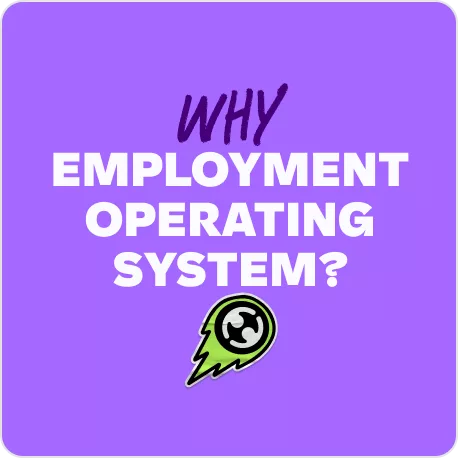Superannuation changes are coming: What Australian SMEs need to know about Payday Super
What does your business need to know about Payday Super?

Contents
We know running a business is no easy task, and now there’s another change on the horizon. From 1 July 2026, businesses in Australia will need to pay superannuation contributions at the same time as wages, Payday Super. We get it—managing payroll and staying on top of changing regulations can be challenging, but we’re here to help make it a bit easier. Here’s a breakdown of what these changes mean for you.
Disclaimer: The information in this article is current as at 19 September, and has been prepared by Employment Hero Pty Ltd (ABN 11 160 047 709) and its related bodies corporate (Employment Hero). The views expressed in this article are general information only, are provided in good faith to assist employers and their employees, and should not be relied on as professional advice. The Information is based on data supplied by third parties. While such data is believed to be accurate, it has not been independently verified and no warranties are given that it is complete, accurate, up to date or fit for the purpose for which it is required. Employment Hero does not accept responsibility for any inaccuracy in such data and is not liable for any loss or damages arising either directly or indirectly as a result of reliance on, use of or inability to use any information provided in this article. You should undertake your own research and to seek professional advice before making any decisions or relying on the information in this article.
What’s changing?
Starting from July 2026, superannuation will need to be paid on ‘payday’. The Federal Government is referring to this as ‘Payday Super’. That means each time you pay your employees their wages, you’ll need to pay their Superannuation Guarantee (SG) contributions too. The days of quarterly super payments will be over, and everything will happen in sync with your payroll. The essentials:
- Super contributions must reach your employees’ super fund within 7 days of payday.
- If you miss the deadline, you could face penalties, including interest and charges.
Why the change?
This change is all about making the super system stronger for Australian workers. By paying super more often, employees can keep a better eye on their retirement savings. While these changes prioritise the financial security of employees, they also aim to provide businesses with clearer payroll processes and a reduction in long-term liabilities. We know it can feel like one more thing to juggle, but the good news is, with the right systems in place, it can be a smooth transition for your business too.
What happens if you miss a payment?
We know things can get busy but missing super payments will come with a bigger cost. An SG charge will apply to any late or missed payments, and that includes penalties and interest. The longer the delay, the bigger the penalties—so it’s worth getting ahead of this one. How to avoid penalties:
- Make sure your payroll system is gearing up to be ready to process super alongside wages if it doesn’t already have this ability.
- Keep an eye on your payment schedules and double-check that contributions reach the right super fund on time.
What are the proposed benefits?
We get it—change is always a bit daunting. But this move to payday super promises some benefits. For employees, it means more frequent super contributions, which can help build their retirement savings faster. For employers, syncing super with payroll could help reduce your risk of missing deadlines and super liabilities, making payroll management a bit simpler in the long run. The Australian Taxation Office (ATO) will also be keeping a closer eye on super payments through Single Touch Payroll (STP), so you’ll have greater oversight of compliance. Employees will be able to check their super contributions in real-time too, which keeps everything transparent. Understandably there’s mixed sentiment, some industry representatives are concerned that these changes might do more harm than good to small businesses. One such group is the the Council of Small Business Organisations Australia (COSBOA) who has expressed concerns about the impact of proposed superannuation changes on SMEs. COSBOA has stressed that a shift will increase administrative and financial burdens on small businesses. “Employers will be required to make up to 13 times as many payments, handle up to 13 times as many transactions, and ultimately incur up to 13 times the cost to ensure super reaches their employees accounts under this new arrangement,” said COSBOA CEO Luke Achterstraat. “This is an overwhelming ask, particularly for small businesses already struggling with tight margins.”
We know it’s tough – here’s how you can make it easier
We understand that keeping up with changes to Australian employment law, superannuation changes, and payroll can feel like a never-ending task. And for many small and medium-sized businesses, it’s a lot to manage on top of everything else. But this is where Employment Hero comes in. Our comprehensive employment platform is built to help you stay on top of these changes, taking the pressure off and letting you focus on running your business with confidence. How Employment Hero can help:
- Automatic super payments: Employment Hero’s payroll system can automatically process super payments in sync with wages, so you don’t need to worry about missing deadlines.
- STP integration: With STP integration, you can easily track super payments and ensure everything is reported correctly to the ATO.
- No more admin headaches: By automating your payroll and super processes, you’ll save time and reduce the risk of errors, giving you one less thing to worry about.
- Transparent fee structure: Employment Hero charges the same monthly subscription irrespective of how many times you run payroll.
For small and medium-sized businesses, staying compliant doesn’t have to be stressful. With Employment Hero, you can simplify your payroll while staying ahead of the curve on regulatory changes.
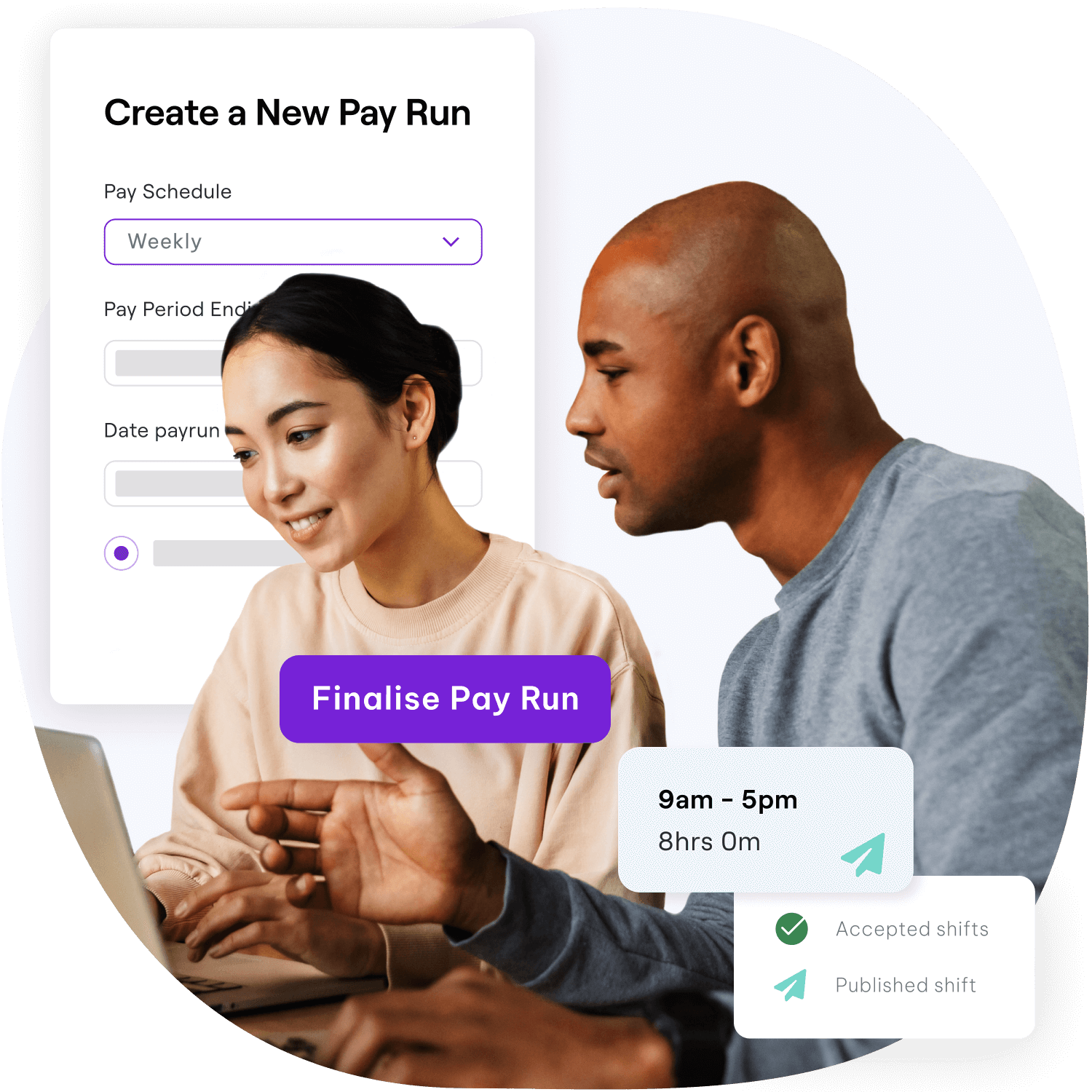
How accountants and bookkeepers can support clients
For our accounting, bookkeeping, and payroll partners, these changes are another chance to show your value to clients. By supporting them through these reforms, you can help ease their transition to the new superannuation rules. How you can help:
- Review payroll systems: Work with clients to assess their payroll systems, ensuring they’re ready for Payday Super when the time comes.
- Monitor compliance: Help your clients avoid the SG charge by ensuring timely and accurate super payments.
- Offer advisory services: Guide your clients through these changes and provide ongoing support as they adjust their systems.
At Employment Hero, we partner with accountants, bookkeepers, and payroll specialists to give you the tools to help your clients adapt. Our platform supports compliance and simplifies payroll, making it easier to deliver value to your SME clients.
Start preparing now
We know 2026 might seem far off, but getting ahead of these changes will save you from a stressful scramble later. Start reviewing your payroll processes now, make sure your systems are up to date, and explore solutions like Employment Hero to help lighten the load. Want to see how Employment Hero can help? Click here to book a demo today. View Payday Super changes via the Treasury
Related Resources
-
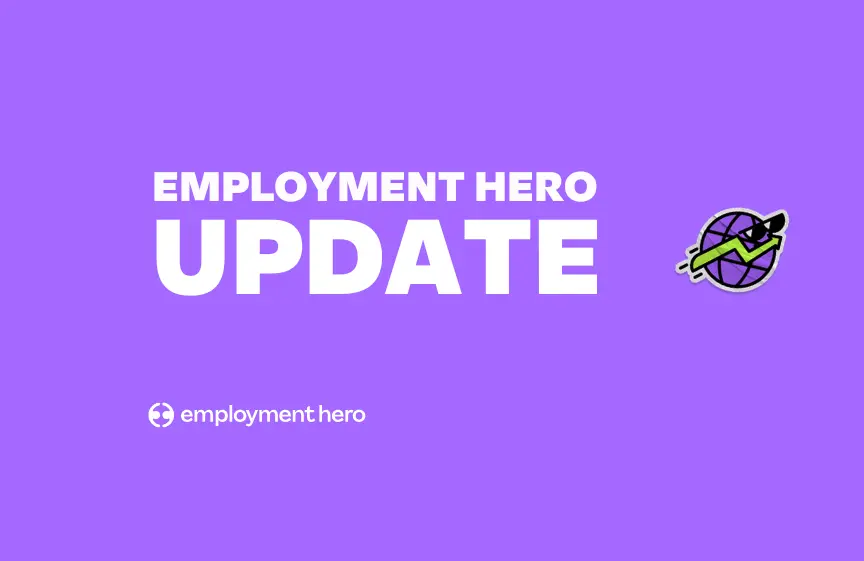 Read more: SEEK Cut the Cord. Here’s What We’re Doing About It.
Read more: SEEK Cut the Cord. Here’s What We’re Doing About It.SEEK Cut the Cord. Here’s What We’re Doing About It.
Seek is ending Employment Hero’s API access. Read about what we’re doing and how we are building a faster and…
-
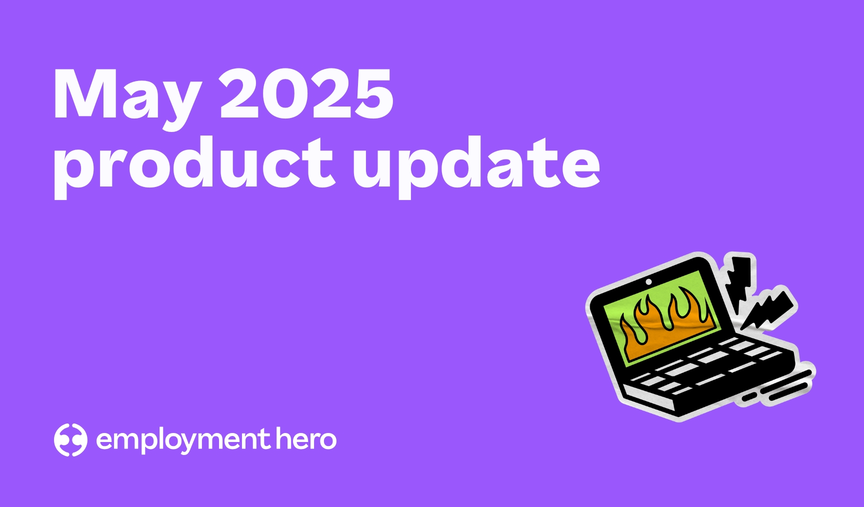 Read more: Product Update: May 2025
Read more: Product Update: May 2025Product Update: May 2025
Follow our May 2025 product update as we share all of the latest and greatest features we’ve released over the…
-
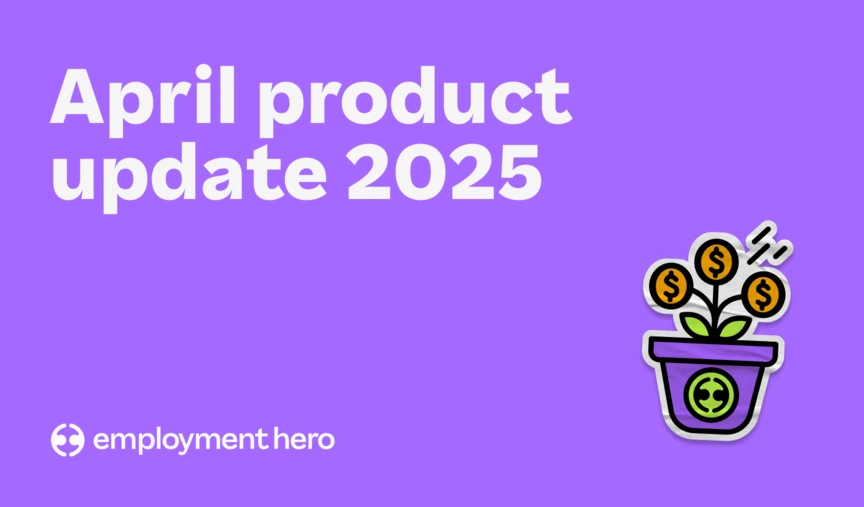 Read more: Product Update: April 2025
Read more: Product Update: April 2025Product Update: April 2025
Follow our April 2025 product update as we share all of the latest and greatest features we’ve released over the…



